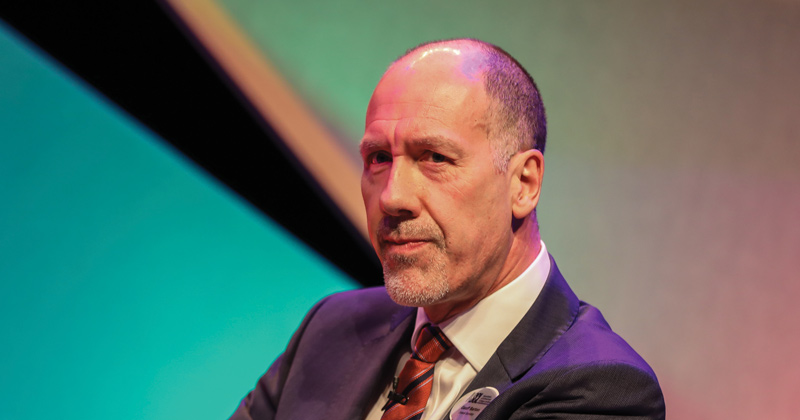A “clogged” curriculum and exams system and “central prescription” from government has “devalued the essential role of the teacher”, a union boss will warn today.
Geoff Barton, general secretary of the ASCL school leaders’ union, will tell delegates at his organisation’s annual conference in Birmingham it is time to “strip back our national curriculum to its essential core rather than adding further reams of guidance”.
It follows criticism of new guidance issued by ministers in recent years to supplement the existing national curriculum and other requirements.
Recent examples include guidance on how to maintain political impartiality while teaching contentious issues, teaching materials for sex and relationships education and a model music curriculum.
Barton will warn that the curriculum and exams system are “clogged up”.
“Central prescription of how to train teachers, how to teach subjects, and how we measure young people’s understanding – all of these have devalued the essential role of the teacher.”
The union leader, who was recently re-elected unopposed for a second term, will say we have a “good education system”, but that it is “not yet good enough for too many children and young people”.
He will say “ambitious rather than compliant leadership” is needed, with “boldness over timidity”.
“Knowing what to change, what to tweak, what to ditch, what to leave in place – that’s going to be the key to our education system’s next incarnation.”
Fears over ‘fixation’ on literacy and numeracy
He will also express fears that the government’s ambition on literacy and numeracy “falls short of the ambitious leadership we’re calling for”.
Ministers announced in their levelling-up white paper that they wanted to see 90 per cent of primary pupils achieve the expected standard in reading, writing and maths by 2030.
Barton will say that “simply setting higher targets for literacy and numeracy, without a plan, a philosophy, without investment, will achieve little”.
“Indeed, a fixation on literacy and numeracy – important as they are – could prove counterproductive, narrowing the primary curriculum at the very time when we should celebrate more children taking part in the arts, in sport, in making things, in learning early leadership skills.”
















Your thoughts